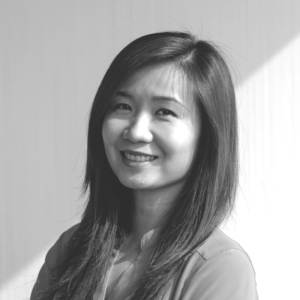 Guest Contribution by Sandra Mills
Guest Contribution by Sandra Mills
A new Pew Research report released some interesting findings regarding gender and the workplace. After surveying 2,002 adults (including 810 millennials) and examining census data from 2012, researchers found that women are more educated, more active in the work force, and more likely to hold high-paying positions than ever. This applies especially young women: Women ages 18 to 32 are a few slim percentage points away from wage parity. In 2012, hourly wages for millennial women were 93% of what their male peers made. This is 9% more than the average 84% for women of all ages.
For comparison, women earned 64% of what men did in 1980. The reason for this progress is women’s education. The research reveals, “Among older millennials today (those ages 25 to 32), 38% of women have a bachelor’s degree, compared with 31% of men. And among younger millennials (those ages 18 to 24), women are more likely than men to be enrolled in college (45% vs. 38% in 2012).” However, these numbers come with a caveat: The gap is also narrowing as male wages decline. “Overall, the median hourly wage for men decreased 4% from 1980-2012,” the study says, with wages for younger men dropping by a whopping 20 percent.
However, the researchers also discovered that these advances haven’t really been registered psychologically among millennial women. “In spite of the dramatic gains women have made in educational attainment and labor force participation in recent decades, young women view this as a man’s world,” the Pew team stated. They reported that 51% of millennial women and 55% of female boomers believe that it’s easier to be a man than a woman. While this perspective on gender inequality certainly holds true for boomers, young women seem to adapt this impression via projection, assuming a future for themselves that has yet to happen: Their role models — the women in the cohorts directly ahead of them – are still experiencing these obstacles.
“There is no guarantee that today’s young women will sustain their near parity with men in earnings in the years to come,” the Pew team points out. According to the report, recent cohorts of young women have fallen further behind their same-aged male counterparts as they have aged and dealt with the responsibilities of parenthood and family. More than half of mothers believe their off-the-clock responsibilities have compromised their careers, compared to only 16 percent of fathers. It should come as no surprise that 63 percent of millennial women likewise expect to lose some job opportunities when they have children. For women, marriage and motherhood are associated with less time spent on paid work-related activities. What’s more, the onset of family responsibilities has a reverse effect on men’s career.





